Debunking the Most Common and Weirdest Wellness Myths From the Internet
Wellness fads appear seemingly overnight and vanish just as quickly. One week, it’s celery juice promising to heal everything; the next, it’s someone mixing borax into water as if it were medicine. Most of these “miracle” fixes crumble under real research. Here’s a grounded look at the most viral (and questionable) health trends online.
Celery Juice Cleanses
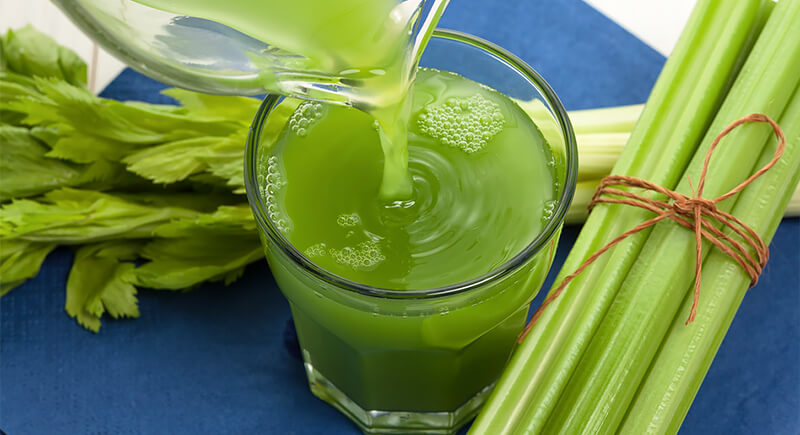
Credit: Wikimedia Commons
The internet often refers to celery juice as a “miracle in a glass,” touted as a cure for breakouts, a mood booster, and a “detox” for the body. In truth, it’s mostly water with a dash of fiber and vitamins. Nothing wrong with drinking it, but it’s not medicine. If you really want the benefits, chew your celery.
Okra Water Craze
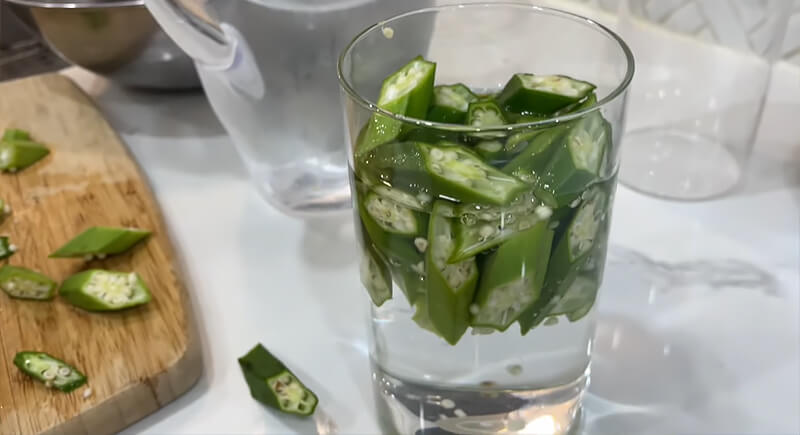
Credit: Youtube
TikTok’s latest “miracle drink” involves soaking okra overnight and consuming the resulting liquid the next morning. Supposedly, it clears skin and boosts digestion, but science hasn’t caught up to those claims. Most nutritionists agree you’ll get far more fiber, antioxidants, and satisfaction by eating the vegetable itself.
Natural Deodorants
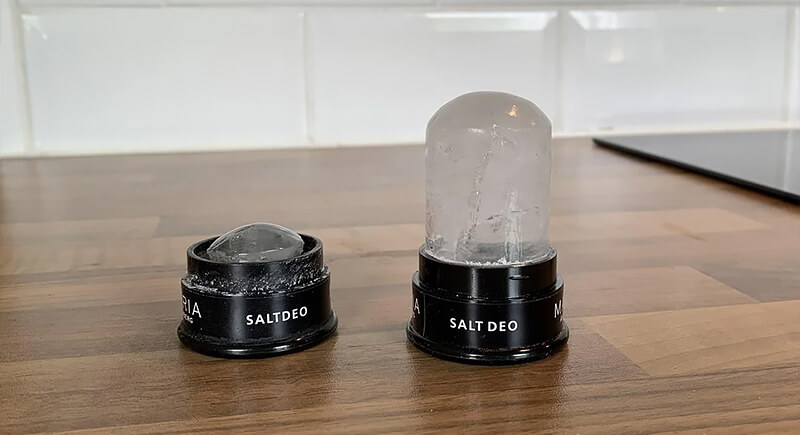
Credit: Reddit
The claim that aluminum in deodorant is toxic has been circling the internet for years, but dermatologists say it’s just not true. Aluminum salts simply block sweat temporarily; they don’t cause cancer or hormonal changes. If you like natural deodorants, that’s fine. Just know your regular stick isn’t secretly plotting against you.
Raw Milk Hype
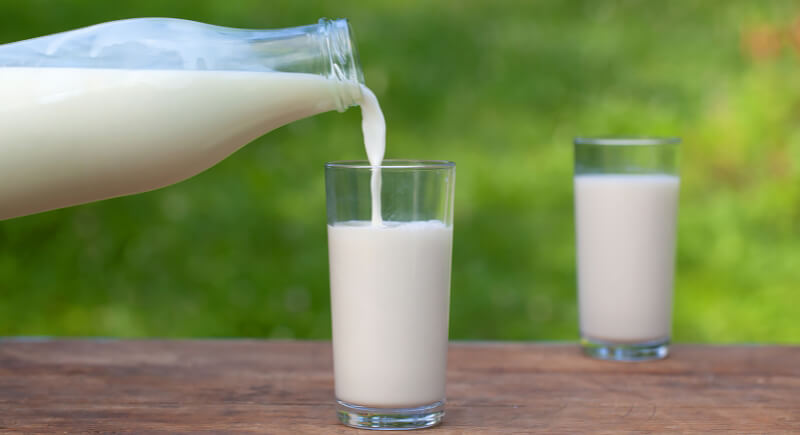
Credit: Getty Images
Raw milk sounds wholesome until you remember it skips the one step that makes it safe: pasteurization. Fans say it’s richer in nutrients, but studies show otherwise, and the bacteria risk is real. Pasteurized milk retains its nutrients while eliminating the danger of E. coli and Listeria outbreaks. That’s a trade worth making.
NAD+ Supplements
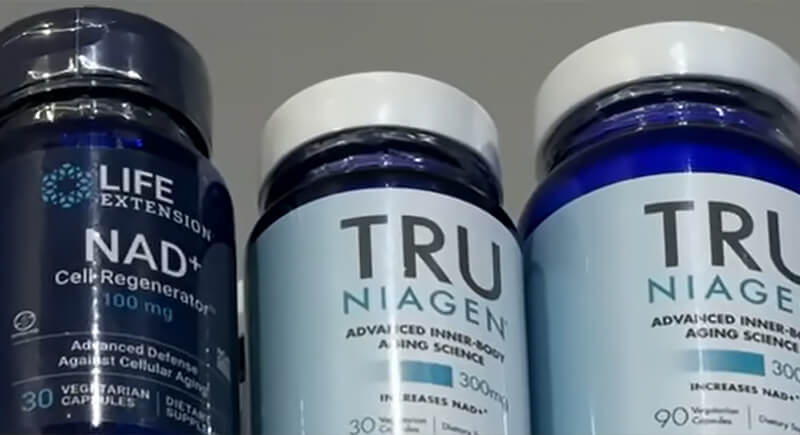
Credit: Youtube
NAD+ pills promise sharper focus, more energy, and even longer life. Sounds great, except research hasn’t proven they actually raise NAD levels in humans. The molecule does decline with age, but sleep, exercise, and balanced meals do far more to support it than pricey capsules.
Electrolyte Obsession
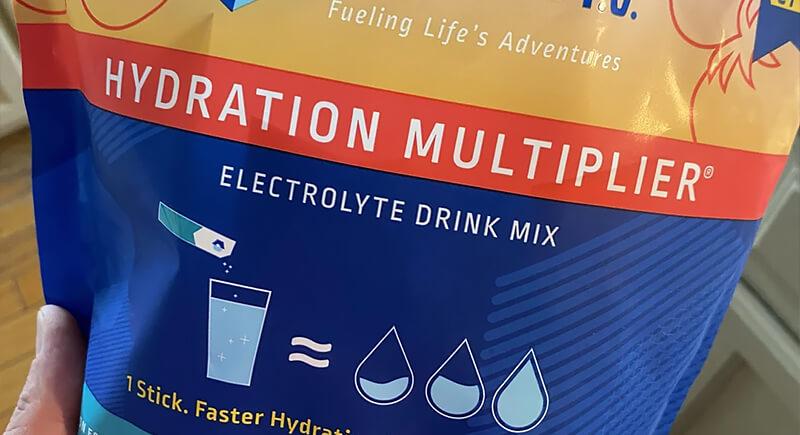
Credit: Reddit
Somehow, electrolyte powders became a daily must-have even for people who haven’t broken a sweat. If you’re not running marathons or recovering from illness, your body regulates those minerals just fine on its own. Overdoing it can even mess with blood pressure. For most of us, plain water does the job beautifully.
Detox Diets
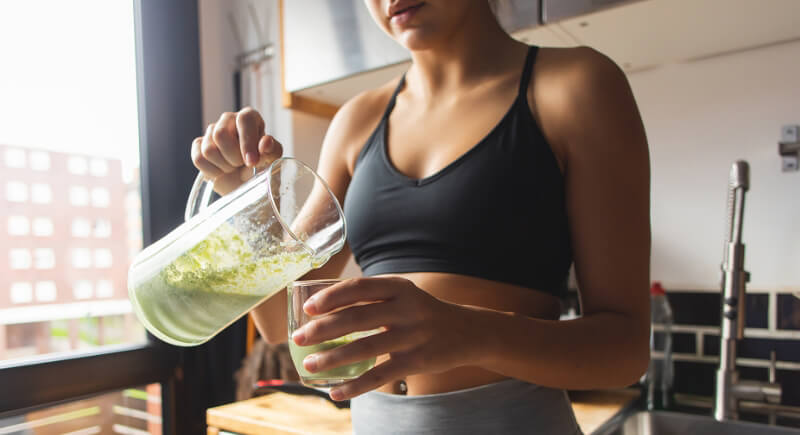
Credit: Getty Images
Every few months, a new cleanse promises to flush out “toxins.” The catch is that your body already has a built-in detox team, featuring your liver and kidneys, and they don’t need help from juice or tea. Eat real food, sleep well, move often. That’s the only detox that works.
Seed Oil Scare
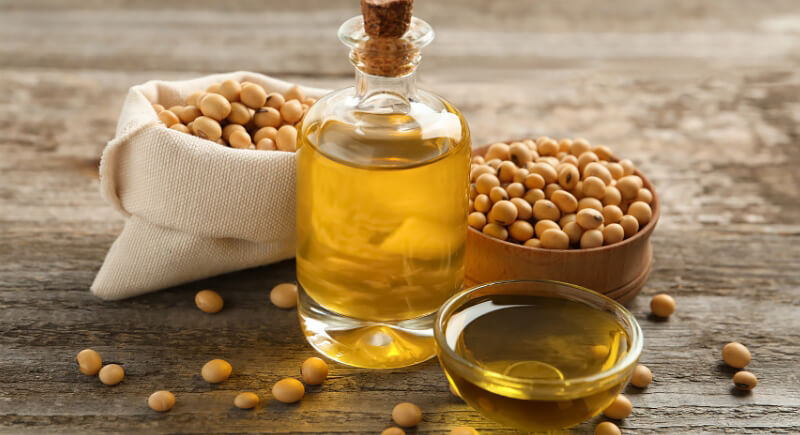
Credit: Canva
Seed oils have somehow become the internet’s newest villain, accused of everything from inflammation to fatigue. But nutrition research paints a different picture. Oils like sunflower and canola actually support heart health when used in moderation. The real issue isn’t the oil, but how much fried food people eat.
Collagen Supplements
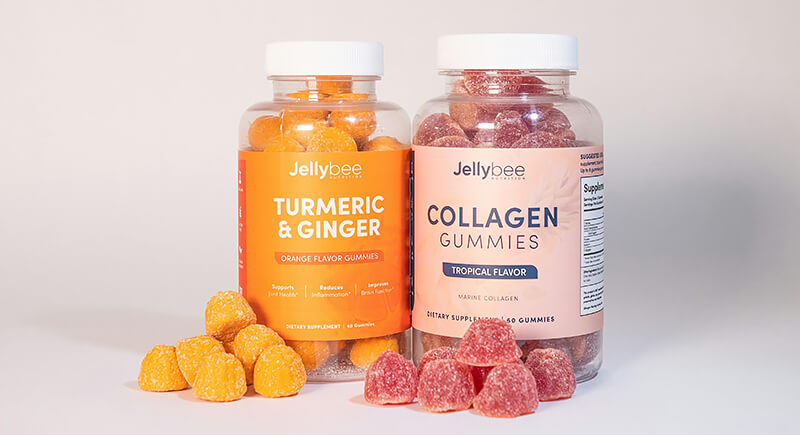
Credit: pexels
Those pastel tubs and gummy bears promising younger skin are hard to resist, but collagen supplements don’t really deliver the magic. Most of the protein breaks down before your skin ever comes into contact with it. Dermatologists still emphasize the importance of sunscreen, hydration, and nutrition.
Borax Water Trend
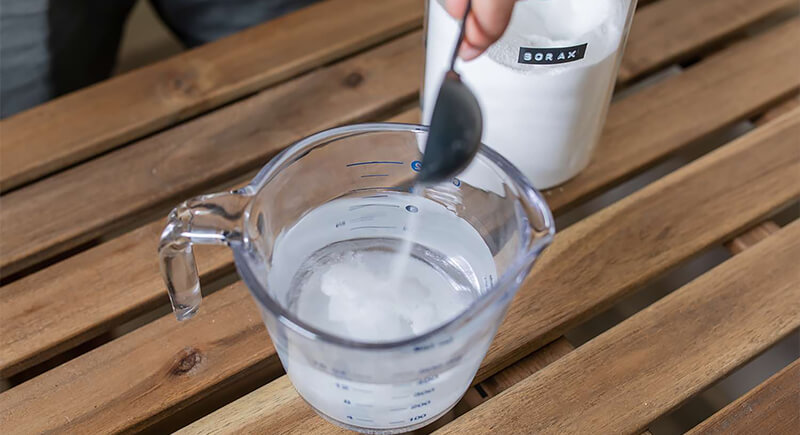
Credit: thespruce
Some influencers have turned cleaning products into “wellness hacks,” and borax water is the wildest example yet. Despite claims that it balances hormones or removes toxins, doctors warn that it can cause nausea and organ damage if swallowed. The safest detox is to stop drinking detergent and grab a glass of water instead.
Calorie Counting Fixation
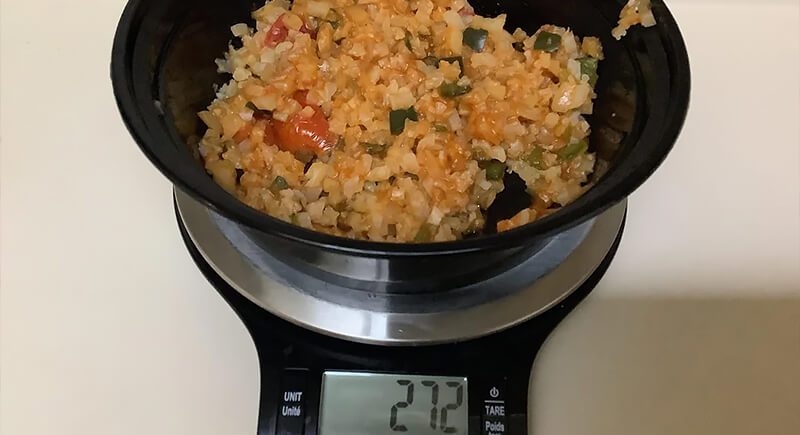
Credit: Reddit
Logging every bite might feel healthy, but it often leads to burnout. Studies show extreme calorie tracking slows metabolism and fuels cravings over time. Instead of obsessing over numbers, focus on meals that keep you full and energized.
Brain Food Products
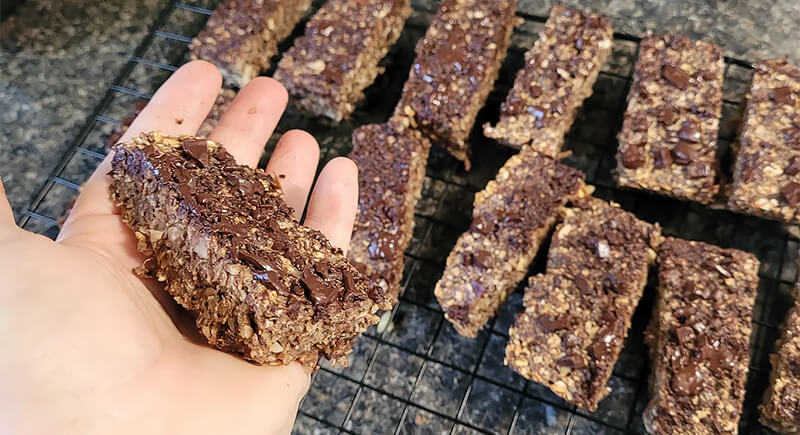
Credit: Reddit
Snack bars and “focus drinks” often claim to be brain boosters, but the hype usually outpaces the evidence. Real brain health comes from consistency and a balanced diet, including leafy greens, berries, and omega-3s, not a $6 bottle.
Candle Toxicity Concern

Credit: pexels
If you’ve ever worried that lighting a candle is ruining your air quality, take a breath. While paraffin candles release trace compounds, occasional use isn’t harmful. Keep the room ventilated and opt for soy or beeswax if you prefer a cleaner-burning option. You can light that cozy scent without guilt.
Gluten-Free for Everyone
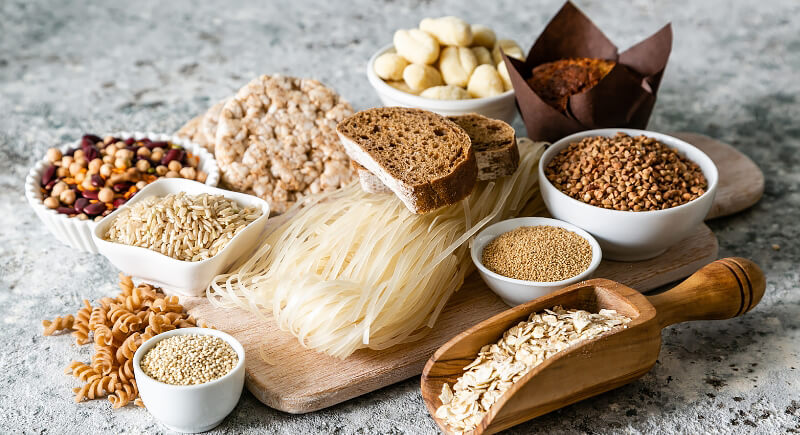
Credit: Canva
Going gluten-free might sound like the shortcut to better health, but unless you have celiac disease or a real sensitivity, there’s no reason to skip it. Whole grains that contain gluten provide fiber, vitamins, and steady energy. Cutting them out without cause can actually backfire, because balance always beats restriction.
Baby Carrots and Bleach Myths
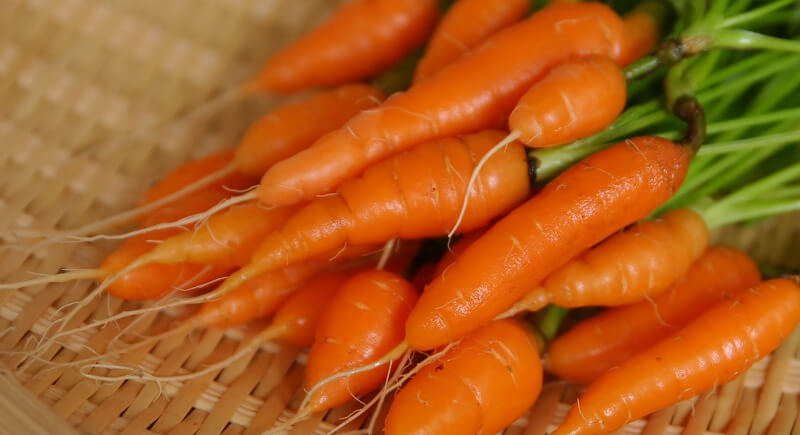
Credit: Wikimedia Commons
The internet creates a new food scare every once in a while, but this one’s way off. Baby carrots aren’t “bleached.” They’re just rinsed in a mild chlorine solution, the same kind used on bagged salad greens, to keep bacteria at bay. The rinse breaks down completely.